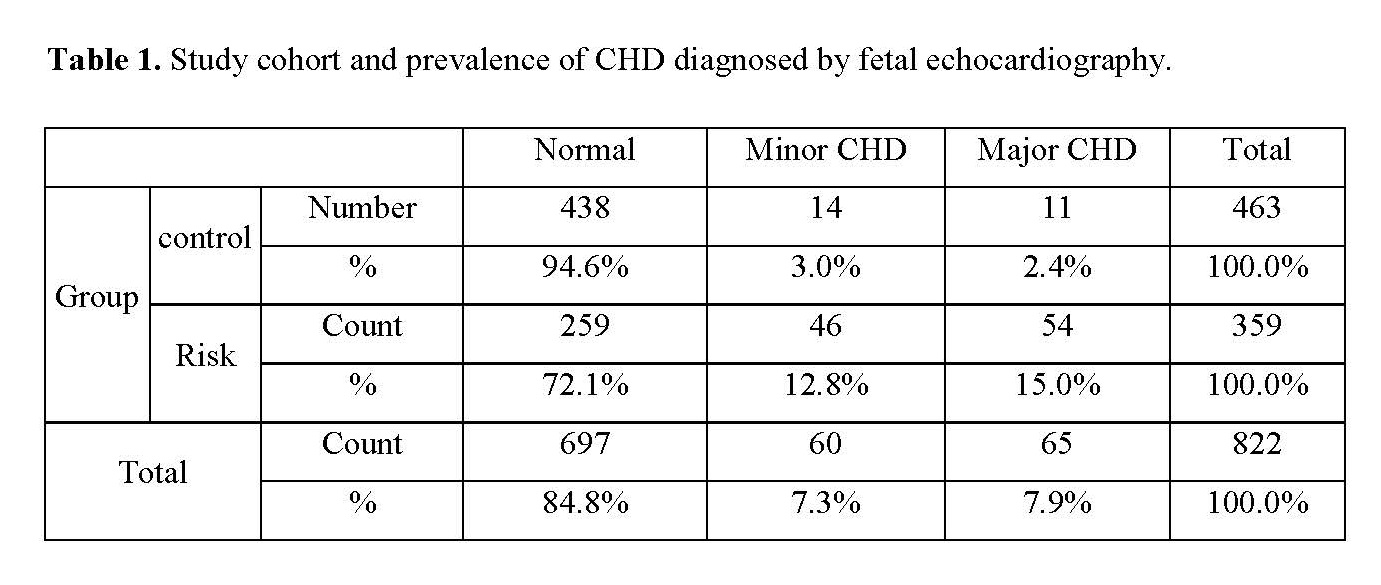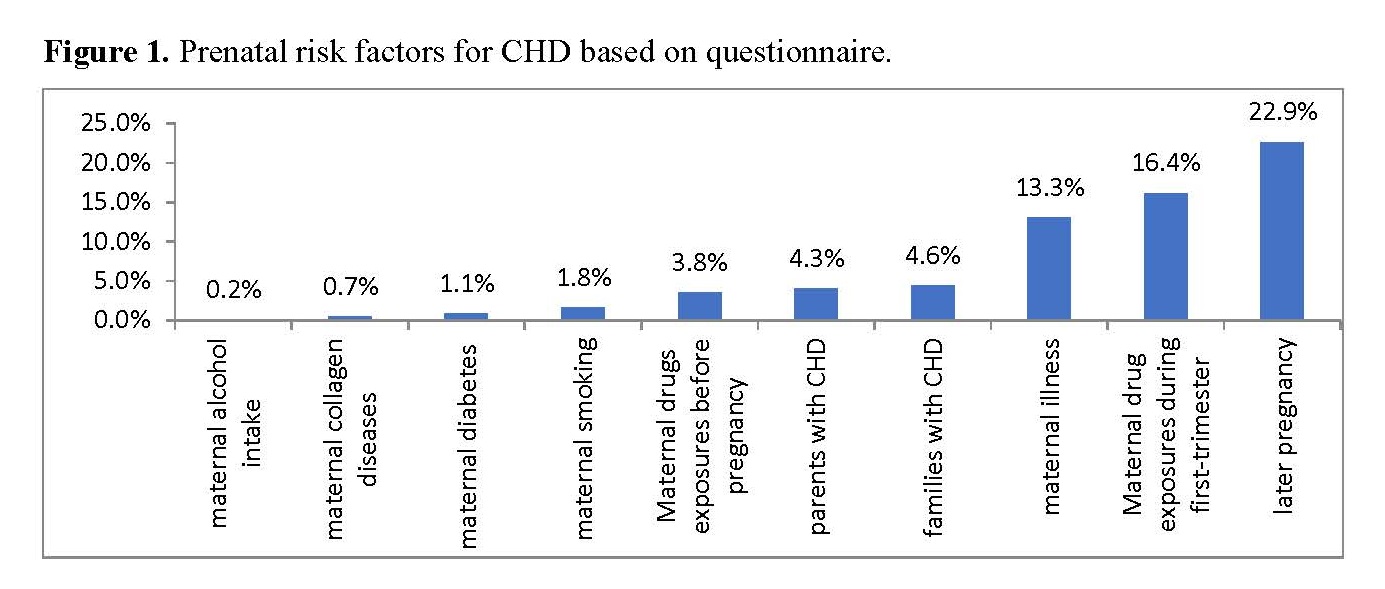Neonatal-Perinatal Health Care Delivery: Epidemiology/Health Services Research
Neonatal-Perinatal Health Care Delivery 5: Epi/HSR Covid-19/Potpourri
802 - The prevalence of fetal congenital heart defects in Mongolia: results of a single center prospective study
Publication Number: 802.249

Enkhsaikhan Purevjav, MD, PhD, FAHA (she/her/hers)
Professor
University of Tennessee Health Science Center College of Medicine
Memphis, Tennessee, United States
Presenting Author(s)
Background: Congenital heart defects (CHD) are the most common type of birth defect, affecting 13-35 per 1000 fetuses. Combined CHD and chromosomal anomalies with heart defect are the leading causes of early fetal mortality and stillbirth fertility. Various risk factors including history of maternal and paternal CHD, maternal health and age, use of medication, alcohol and smoking exposure have been identified.
Objective:
This study aimed to determine the prevalence and forms CHD using fetal echocardiography.
Design/Methods: Fetal echocardiography was performed in 822 pregnant women with 18-36 weeks of gestation. The cohort was divided in 2 groups depending on number of risks determined by questionnaire.
Results: The control group consisted of 463 women with no risk and the risk group included 359 women with one risk or more. In total, 125 fetuses (15.2%) were diagnosed as having CHD, of which 65 cases were major defects (52%). The control group had 25 CHDs (11 major) vs 100 (54 major) found in the risk group. Prevalence of CHDs was 5.4% and 27.8% in the control and risk groups, respectively (Table 1). The most frequent CHD was VSD (36), followed by AVC (21), PS (10) and ASD (7). The risk factors associated with fetal CHD in our cohort were determined as late pregnancy (22.9%), maternal drug exposure during first trimester (16.4%), maternal illness (13.3%), CHD history in a family (4.6%) or CHD in parents (4.3%), maternal drug exposure before pregnancy (3.8%) and maternal smoking (1.8%) (Figure 1).
Conclusion(s): The overall prevalence of 15.2% CHDs diagnosed by fetal echocardiography in our single center is consistent with the studies conducted in other countries. Fetal CHDs occur in every 1 out of 4 fetuses with 27.8% prevalence in the risk group of pregnant women and 52% of those defects were complicated major CHDs. Late pregnancy, maternal illness, and medication exposures before and during pregnancy at the first trimester associated to fetal CHDs, suggesting that reducing those risk factors may prevent and reduce prevalence of CHDs. 

